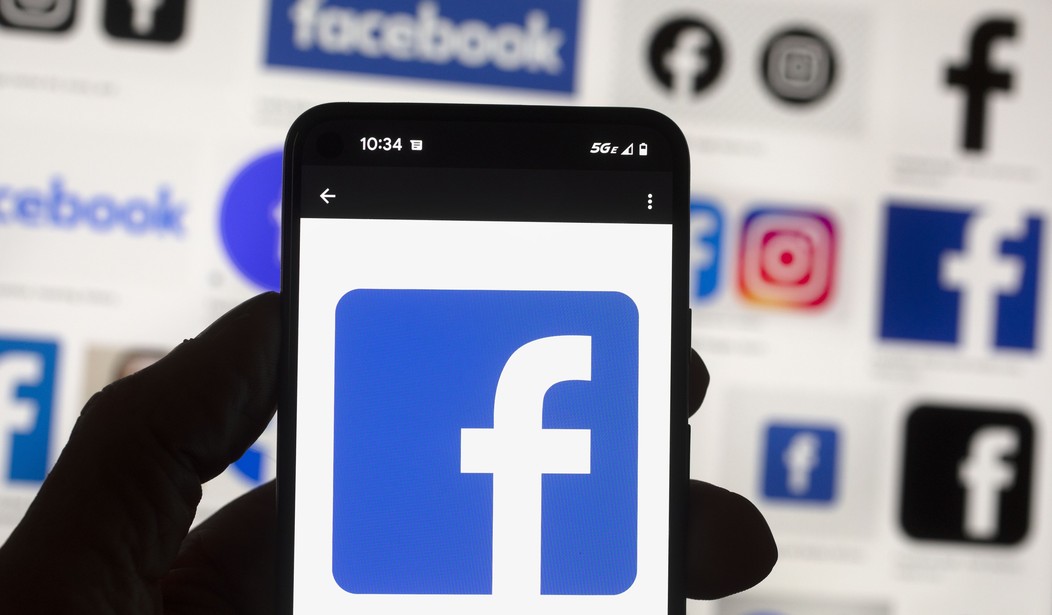I make my living on the internet. For 10-12 hours a day, I surf the net looking for writing material or stuff that interests me. Some days, the latter far outweighs the former in the time I spend feeding my curiosity.
I was born this way. All humans are born with an insatiable desire to know the world around them. This is the primary evolutionary attribute that has allowed us to spread across continents and succeed in any environment.
The urge to know is embedded in our genes. It has altered our brain chemistry, giving us a rush of dopamine, one of the "addiction hormones," when we find something that pleases us and we repeat the action over and over. Dopamine's primary role is to reinforce and motivate repetitive actions.
Enter social media.
While my internet addiction is geared exclusively to gathering, collating, and processing useful information for my job and personal quest for enlightenment, social media companies have tapped into the powerful feelings of pleasure and the simple desire to belong to capture unwitting young people in a web of online games, social connections, and other addictive behaviors.
How do social media companies accomplish this?
"Easy access and speedy reward are two of them. Just as the hypodermic needle is the delivery mechanism for drugs like heroin, the smartphone is the modern-day hypodermic needle, delivering digital dopamine for a wired generation, writes Anna Lembke in her book Dopamine Nation: Finding Balance in the Age of Indulgence.
There's nothing new in this. Social psychologist Jonathan Haidt has been sounding the alarm about smartphones for several years. His book, The Anxious Generation: How the Great Rewiring of Childhood Is Causing an Epidemic of Mental Illness, has provided the impetus for a revolution in schools, forcing many educators to ban smartphones during the school day. It has also caused parents to rethink when they should be giving their child a smartphone.
But when does social media use cross the line from normal to addictive behavior?
Charlie Kirk's alleged killer was "terminally online," say his friends. That his hatred of Kirk and what he stood for was fueled by online content is beyond question. The question is what can we do about it?
The fact that some of the most deranging and divisive content is being created (or amplified) by foreign adversaries—and that we have literally built and monetized their capacity to do this—beggars belief. We are poisoning ourselves and inviting others to poison us.
More disturbing still, the effects are self-reinforcing. Part of the reason for this is algorithmic—these platforms have been designed to raise the amplitude on our tribal hatreds, because this maximizes engagement. But the algorithms in our brains are not much better: When we see another person (or what appears to be another person) gleefully dance on a slain man’s grave, it is easy to conclude that they represent some significant faction of American society—and to be outraged.
Not surprisingly, several drugs are being tried to treat internet addiction. There are different drugs to treat internet gaming addiction, internet sex addiction, and your garden-variety addiction to the internet in general.
But perhaps the best way to treat internet addiction is incredibly cheap and poses no danger of drug side effects: quit going online as much as possible.
It can be done. There's even an app or two for that.
There’s a constellation of apps, plug-ins, and programs meant to curb screen time for yourself or your family—like Brick, Freedom, and Qustodio. But everyone who’s had a hankering to see a YouTube Short knows how to bypass these self-imposed restrictions by giving themselves a higher time limit or just disabling them. The antitech activist August Lamm goes further: She encourages people to switch to a dumbphone and to replace their computer with a typewriter, like she did. And companies are popping up to meet low-tech demands, like with the Light Phone or Meadow, both of which offer calling, texting, and not much else.
Then there are more ingenious solutions: The self-proclaimed “Cyber Celibate” Tiffany Ng recently made a makeshift landline by chaining her smartphone to a wall in her house for a week. It cut her screen time down by about four hours per day.
Efforts to wean children off smartphones are probably going to be even less successful than trying to get adults to quit. Too much of our lives is spent online, indulging our curiosity, or our guilty pleasures, not to miss the jolt of dopamine we get when vanquishing our foe or even zinging a political opponent.
We will continue to discuss quitting or cutting back on our internet usage and social media's catastrophic effect on our children. But doing something about it is far harder. Limiting contact with the virtual world is nearly impossible when we've created a reality-based world that's so dependent on it.










